Sterling edged down against the dollar on Friday after data showed the British economy expanded in line with expectations in the third quarter, but losses were limited due to the higher pace of growth. The UK economy expanded at 0.8 percent in the third quarter, up from 0.7 percent in the previous three months, but investors and speculators had largely priced in such an outcome.
Against the dollar, sterling was down 0.1 percent at $1.6180, compared with $1.6207 before the data was released. Sterling gained 6 percent in August and September, rising to $1.6260 on October 1, its highest level since early January. It has gained nearly 10 percent since hitting a three-year low of $1.4814 on July 9, bolstered by data showing the UK economy on a sustainable growth path and also by the US Federal Reserve's ultra-easy monetary policy. By afternoon trade, volumes had dipped, with sterling/dollar and euro/sterling pairs trading at a third below their one month average. Against the euro, sterling was steady, trading above near two-month lows struck on Thursday. The euro was flat at 85.15 pence, compared with 85.26 pence before the GDP data was released.
"The reaction in sterling was fairly muted given the data was in line with expectations. The growth is being led by the services sector with manufacturing also showing a bit of a recovery," said Chris Walker, currency strategist at Barclays. "We think sterling will trade flat in the near term and while there will be support at lower levels we are sceptical it can gain further from here against the dollar." Part of the reason why investors are turning cautious is that positive data surprises are waning and hence their impact on the British currency are likely to fade. "The fact that the pound did not jump above $1.6260 on the back of the GDP data suggests that it could be a stretch too far and the good economic news is fully baked into the price," said Kathleen Brooks, research director at Forex.com.
"Going forward we believe sterling will be sensitive to any UK data misses," she said. Also given that the Bank of England has pledged to keep interest rates anchored and policy accommodative, fund managers say scope for further gains is rather limited. Governor Mark Carney said on Thursday the BoE intends to provide more generous liquidity than before, which is likely to keep market interest rates subdued and make buying the pound less attractive. But any dips towards $1.60 would be bought into by reserve managers for a move higher, possibly targeting this year's high of $1.6380 in the next few months. That is because the British economy is still on track for a durable recovery, while the US economy seems to be losing momentum after a 16-day government shutdown, while the euro zone has only just emerged from a recession.
BR100
15,107
Increased By
47.9 (0.32%)
BR30
43,249
Increased By
317.9 (0.74%)
KSE100
148,994
Increased By
178.5 (0.12%)
KSE30
45,267
Increased By
60.4 (0.13%)







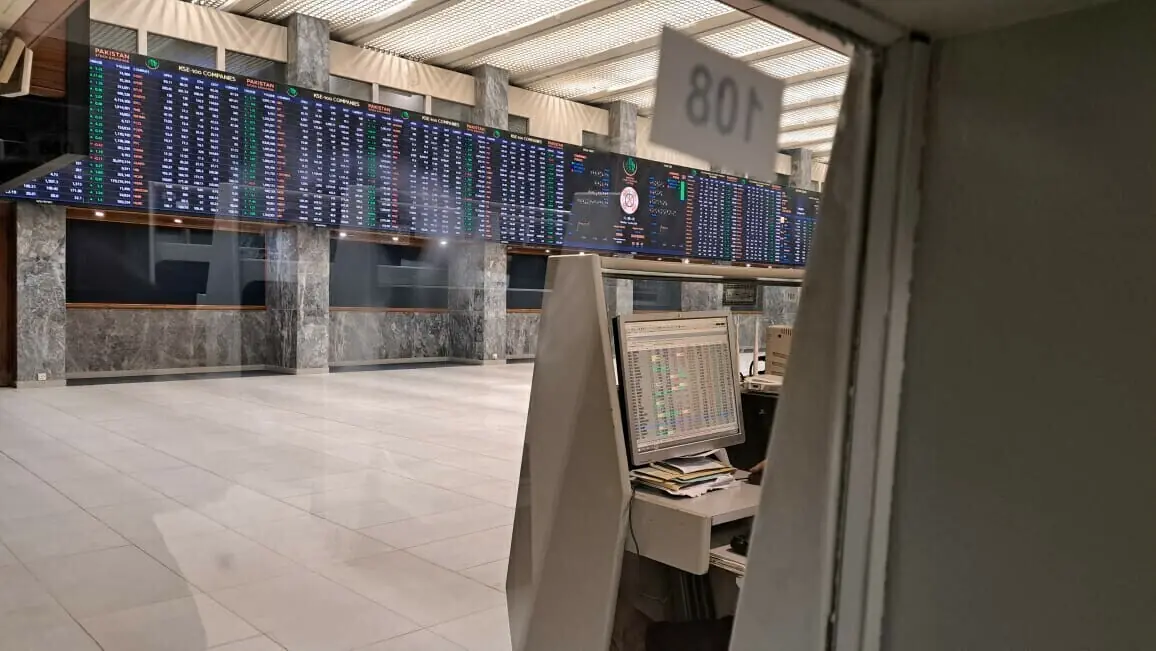

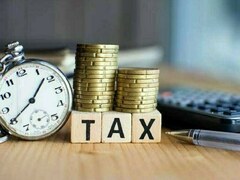




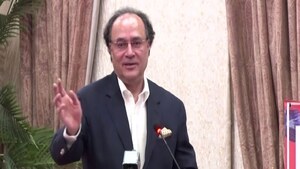


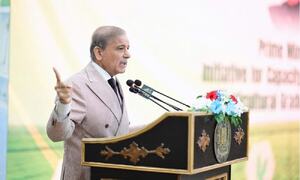

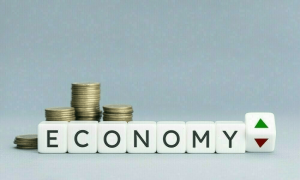

Comments
Comments are closed.